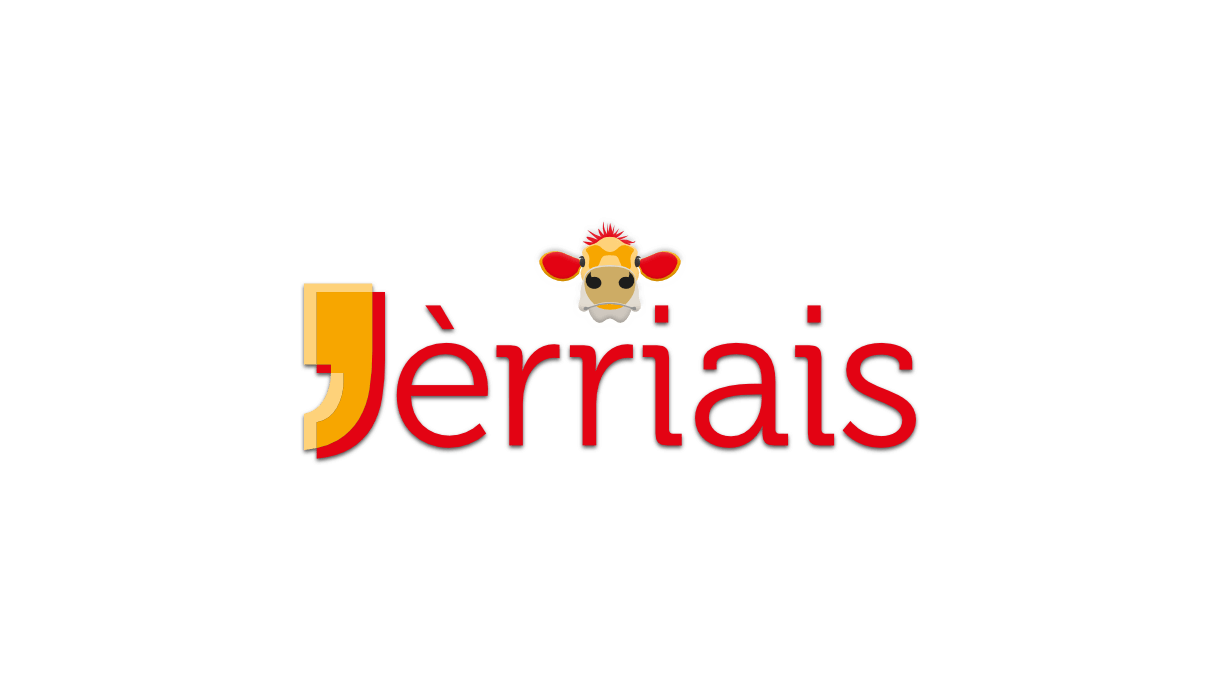- cache
- changi
- cliochi
- d’sêtchilbouêtchi
- engibâtrer
- fort
- lis
- ma
- tou
- vèrt
Coumme nou sait, lé changement fait du bein. Et pouor les préchains dgiêx mots, nou-s a décidé d’calengi l’s auteurs et l’s êtudgiants auve eune belle dgiêxaine: huit mots ordinnaithes et deux mots extraordinnaithes. Ch’est pouor les Nouvelles Chroniques dé Noué et don y’a du temps pouor y penser, et j’nos n’allons bliodgi châtchun des dgiêx mots.
A change is as good as a rest, they say. And so it is that the regular 10 word challenge has been tweaked slightly to incorporate two unusual words along with the usual flexible choice of words. There’s plenty of time to get thinking about what to write – the 10 word challenge will be featuring in the Christmas issue of Les Nouvelles Chroniques du Don Balleine (deadline: Halloween). We’ll be taking a closer look at each of the ten words on the blog and exploring their meanings and possibilities.
Tch’est qu’i’ sont les règl’yes d’la gamme? I’ faut faithe sèrvi touos les dgiêx mots dans un texte – eune histouaithe, eune poésie, un rapport, eune description… sus autchun thème, mais i’ faut faithe sèrvi touos les dgiêx mots! Tchiqu’s’uns des mots peuvent sîngnifier pus d’eune chose. Nou peut tréjous transformer les mots: par exempl’ye du sîndgulyi en pluriel, du mastchulîn en féminnîn ou au contraithe, en faîthant sèrvi toutes les formes granmaticales des vèrbes et tout chenna. Si ch’est un adjecti, nou peut faithe sèrvi l’advèrbe, par exempl’ye, ou former l’nom vèrbal d’un vèrbe. En prîncipe, s’i’ y’a tchique aut’ forme d’un mot, nou peut la faithe sèrvi! Par exempl’ye, l’année pâssée iun des dgiêx mots ‘tait bantchi et nos auteurs proposîtent des bantchièrs bantchis tchi bantchîtent et abantchîtent des bantchies. Nou n’est pon oblyigi d’garder les mots strictément coumme i’ sont proposés. Auve un mio d’înmaginnâtion, libéthez les mots à seule fîn d’en graie dé tchi d’întéthêt.
So what are the rules of the 10 word challenge? Simply use all ten of the words in a piece of writing, long or short, nonsensical or factual, prose or poetry. Although you do have to use all of the words, you don’t have to stick to the form in which they’re presented. Obviously make the necessary grammatical changes to use the verbs, adjectives and nouns (change singular to plural, masculine to feminine, infinitive to present, past or future); but you can go further: if you’re given an adjective, you can use the corresponding adverb; if you’re given a verb, you can make the gerund (verbal noun), or the iterative or another compound of the basic verb. Basically, feel free to use prefixes and suffixes as creatively as you like. And there’s no reason not to use a related word: for example, in 2010 one of the words set was bantchi, and contributors managed to use bantchi in various forms as noun, verb and participle, and the related words bantchie and abantchi. So don’t be as strict as possible; be as free as possible!




